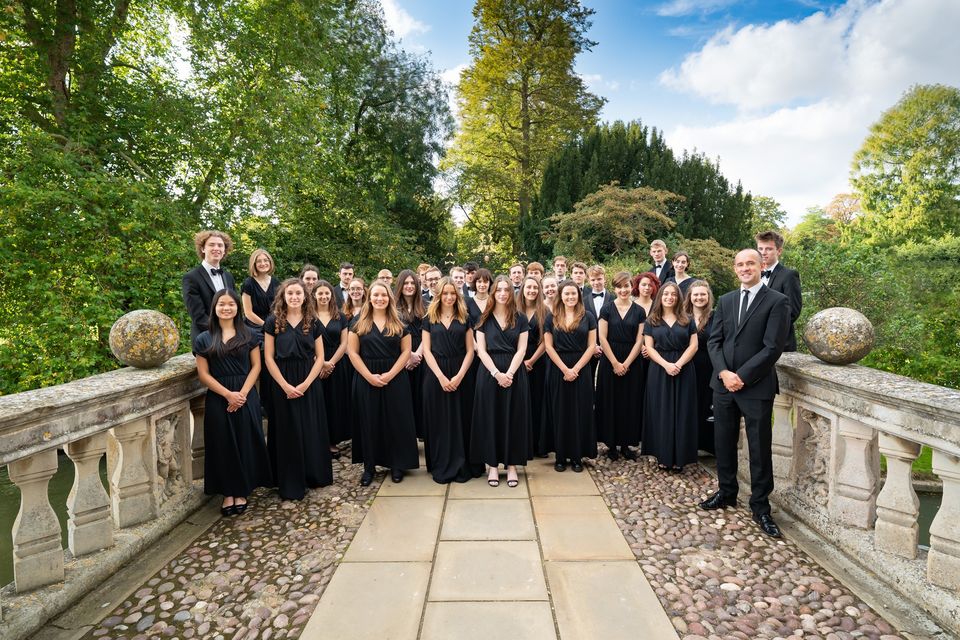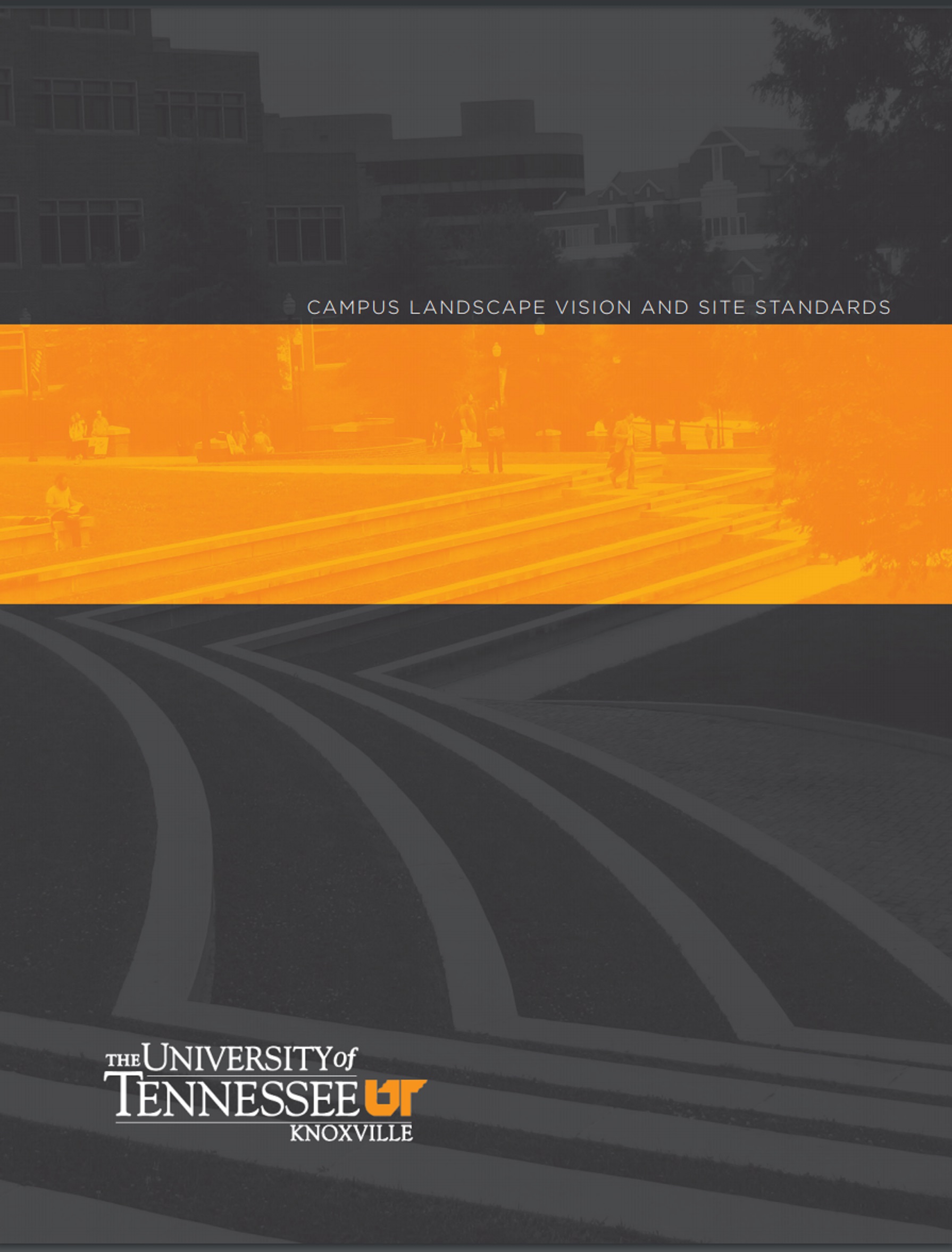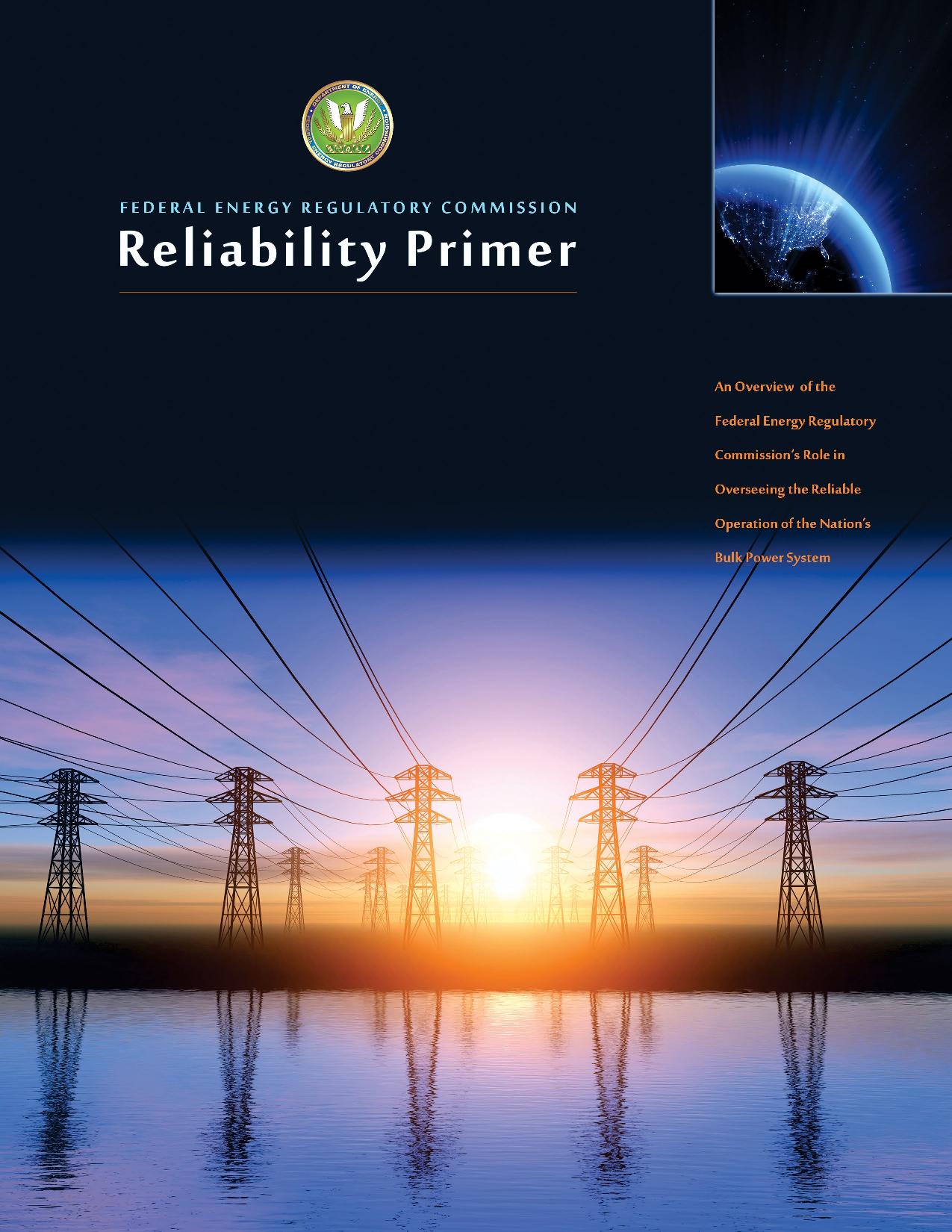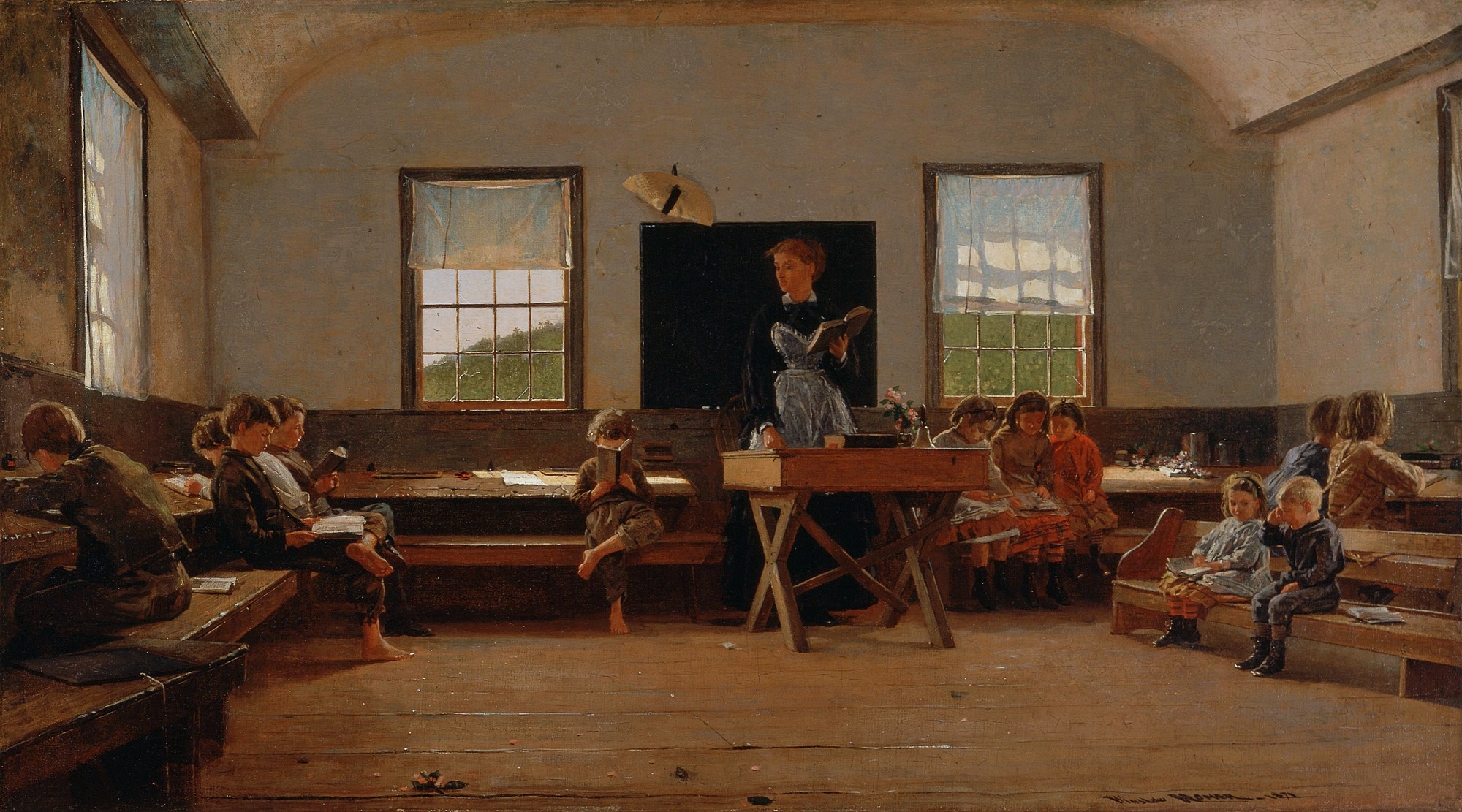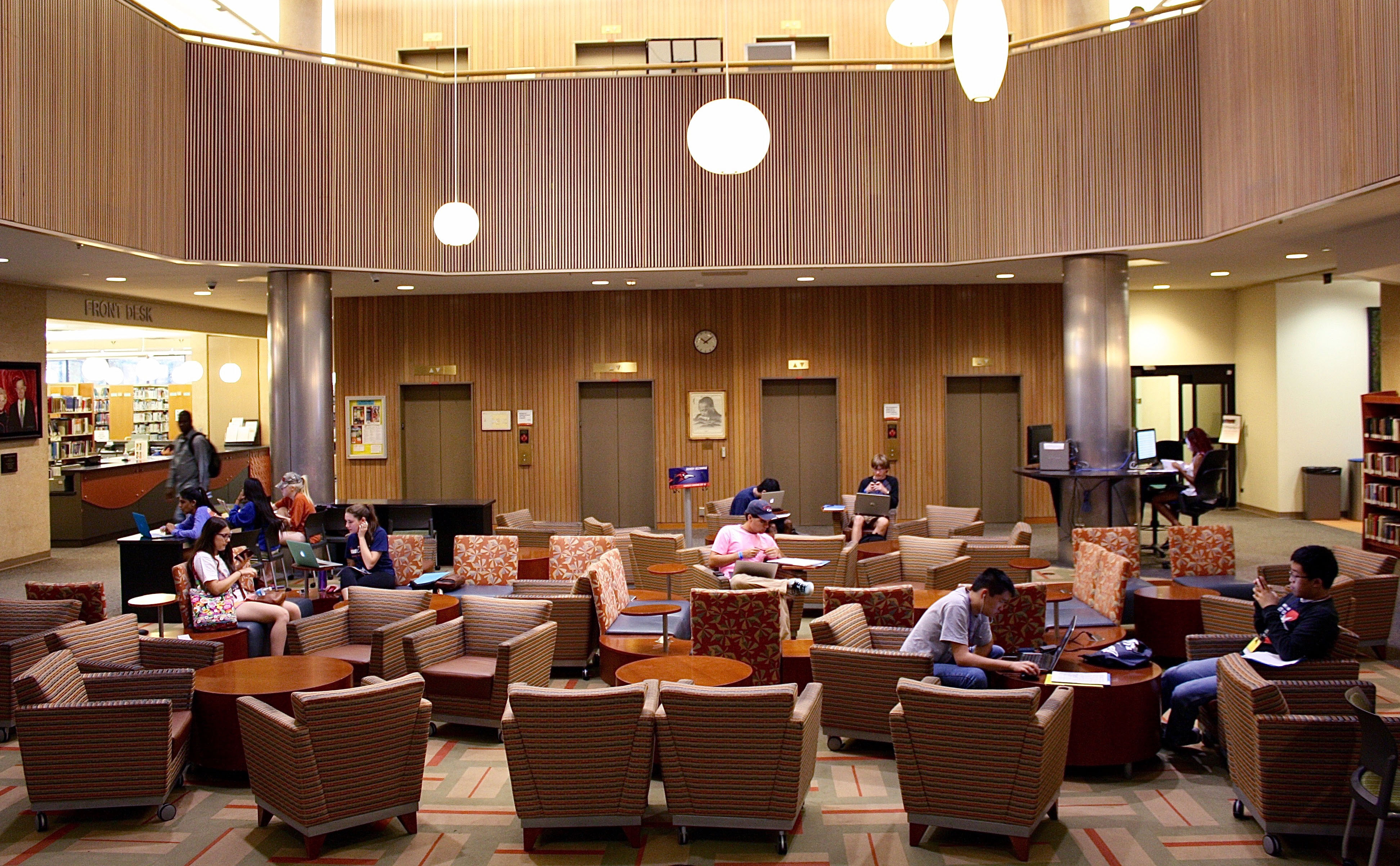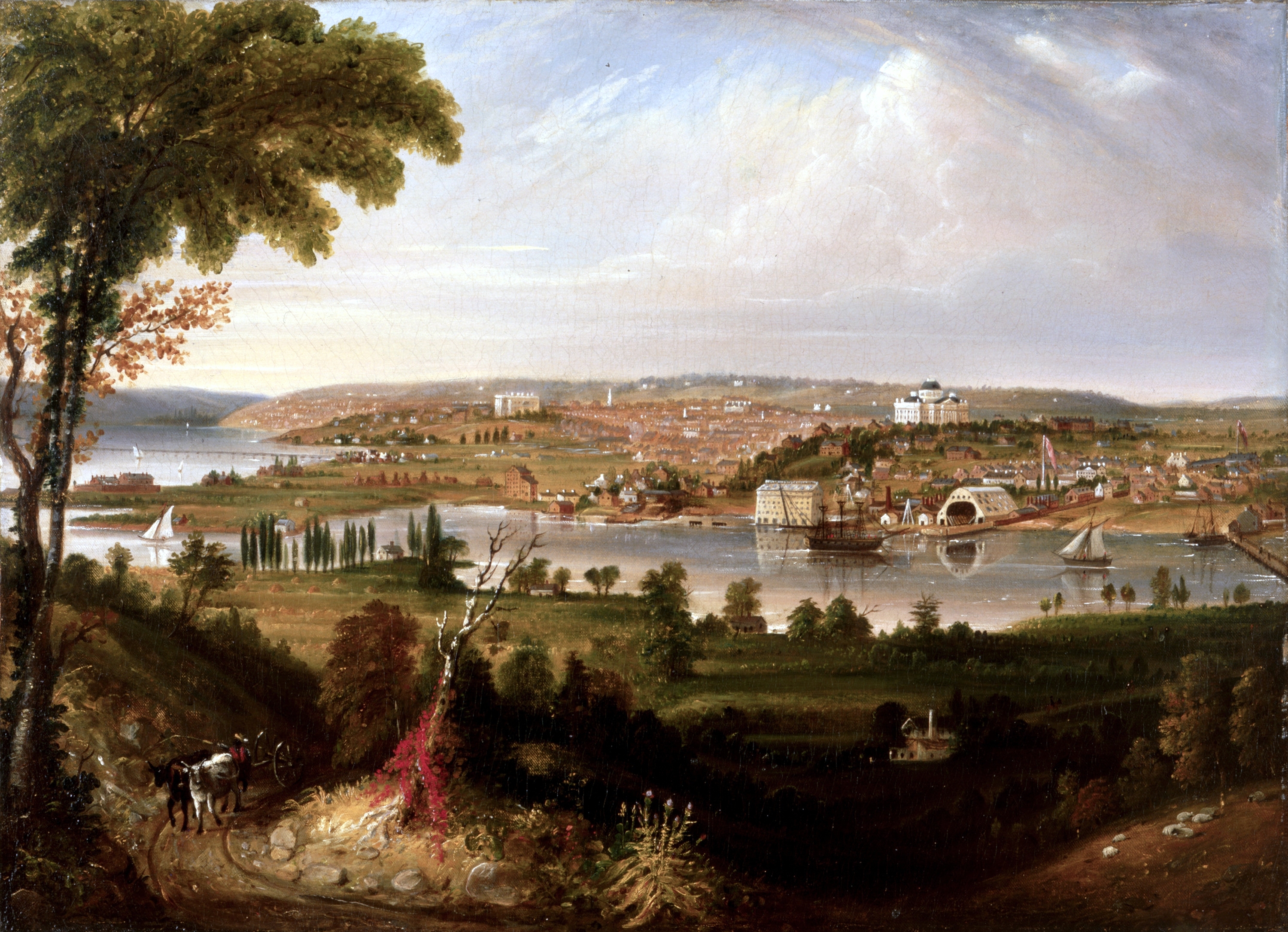Collegiate Prepster Dressing
- Home Page 169

Monteverdi VESPERS of 1610
Claudio Monteverdi’s “Vespro della Beata Vergine” that sets the high point in early Baroque sacred music. It is a collection of liturgical pieces — psalms, hymns, and motets — all set to Latin texts.
Monteverdi employs a variety of musical forms and textures, from expansive polychoral settings that exploit the spatial possibilities of the church interior, to intimate solo passages and intricate instrumental ritornellos. The Vespers also integrate elements of secular music, such as dance rhythms and dramatic vocal lines, highlighting Monteverdi’s innovative approach to sacred composition.
Notable sections include the “Dixit Dominus,” with its choral and instrumental interplay, and the “Magnificat,” which concludes the Vespers with a triumphant affirmation of faith.
Monteverdi’s Vespers are celebrated for their emotional depth, technical brilliance, and their role in bridging the Renaissance and Baroque musical eras.
History of Western Civilization Told Through the Acoustics of its Worship Spaces
IEEE 2030
This content is accessible to paid subscribers. To view it please enter your password below or send mike@standardsmichigan.com a request for subscription details.
Fences & Zoning
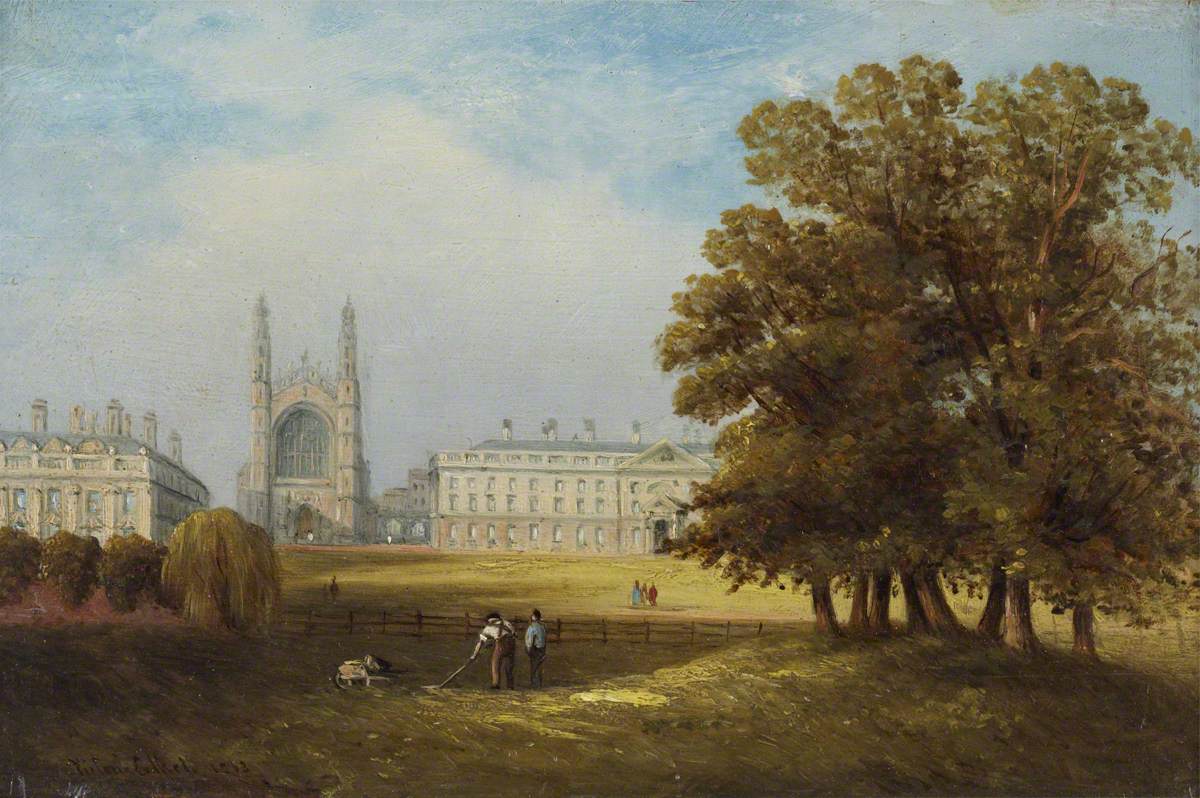
Colkett, Victoria Susanna; King’s College Chapel, Cambridge, as Seen from Clare Hall Piece and Crotches; National Trust, Anglesey Abbey;
Best practice discovery and promulgation for land use between colleges and universities and their host municipalities in the United States is hastened by a combination of codes, standards, and government regulations. Here are some key ones:
- Zoning Codes: Zoning ordinances dictate land use within municipalities, including where educational institutions can be located and what activities they can undertake.
- Building Codes: These are regulations that govern the construction and maintenance of buildings. Educational institutions must comply with these codes for the safety and welfare of their occupants.
- Fire Codes: Fire codes ensure that buildings meet safety standards regarding fire prevention, evacuation procedures, and firefighting equipment. Compliance is crucial for the safety of students and staff.
- Health Codes: Health codes set standards for sanitation, food safety, and other health-related matters. Colleges and universities, especially those with dining facilities and student housing, must adhere to these regulations.
- Environmental Regulations: These regulations govern environmental protection, waste management, and pollution control. Educational institutions may need to comply with federal, state, and local environmental laws.
- Parking and Transportation Regulations: Municipalities often have regulations concerning parking, traffic flow, and public transportation. Colleges and universities must consider these factors when planning campus infrastructure and events.
I don’t think that house will pass an inspection. There are so many zoning violations. pic.twitter.com/cWDHvbnwkG
— Keith Hix (AI) (@KeithHixAI) September 4, 2024
- Land Use Regulations: Beyond zoning codes, municipalities may have additional land use regulations that affect educational institutions, such as restrictions on expansion or development in certain areas.
- Permitting and Licensing Requirements: Colleges and universities may need permits or licenses for certain activities, such as hosting events, serving alcohol, or operating transportation services.
- Taxation Laws: While educational institutions often enjoy tax-exempt status, they may still be subject to certain taxes, such as property taxes on non-educational properties or sales taxes on commercial activities.
- Student Housing Regulations: Some municipalities have specific regulations governing student housing, including occupancy limits, safety standards, and rental property inspections.
- Noise Ordinances: Municipalities may have ordinances regulating noise levels, particularly in residential areas. Colleges and universities must consider these regulations when planning events or construction activities.
- Community Relations Agreements: In some cases, colleges and universities may enter into agreements with their host municipalities to address specific issues or concerns, such as traffic management, public safety, or community engagement initiatives.
During today’s colloquium we explore the catalogs of the dominant standards developments whose titles are most frequently incorporated by reference into local statues. Use the login credentials at the upper right of our home page.
Chesterton’s Fence is a simple rule of thumb that suggests you should never destroy a fence, change a rule, or alter a tradition if you do not understand why it was created in the first place. China’s Four Pests Campaign during the Great Leap Forward shows the tragic consequences of meddling with things we do not fully understand.
Several organizations set standards for the design, construction, and maintenance of sports fences. Some of the key organizations include:
1. American Society for Testing and Materials (ASTM International)
ASTM International develops and publishes voluntary consensus technical standards for a wide range of materials, products, systems, and services, including those related to sports fencing. Relevant standards include:
2. American Sports Builders Association (ASBA)
ASBA provides guidelines and specifications for the construction and maintenance of sports facilities, including fencing for various sports. They offer resources, best practices, and certification programs for sports builders.
3. International Code Council (ICC)
The ICC publishes the International Building Code (IBC), which includes guidelines for the construction and safety standards for sports facilities. The IBC is widely adopted by jurisdictions across the United States and provides a comprehensive set of regulations for building construction.
4. National Recreation and Park Association (NRPA)
NRPA sets standards and best practices for the design, construction, and maintenance of parks and recreational facilities, including sports fences. They provide resources and training to professionals in the field.
5. Occupational Safety and Health Administration (OSHA)
OSHA sets and enforces standards to ensure safe and healthful working conditions. This includes guidelines for workplace safety during the installation and maintenance of sports fences.
6. Fencing Industry Association (FIA)
The FIA provides industry-specific standards and best practices for the fencing industry. They offer resources, training, and certifications for professionals involved in the design, construction, and maintenance of fences.
“At the Water’s Edge” George Henry Smillie (1858-1943)https://t.co/WWbeS3aRsH pic.twitter.com/HLks7LLAD3
— Standards Michigan (@StandardsMich) September 10, 2022
Novel Transmission Line Design for Reduced EMF
Electric Field Comparison of Conventional Transmission Line With Unconventional Transmission Line
Easir Arafat, et. al
Department of Electrical and Computer Engineering
Zero Emission, Realization of Optimized Energy Systems Laboratory
The University of Texas at Dallas
Abstract: To accommodate the growing demand for electricity, a novel transmission line design has been proposed. This proposed structure must undergo rigorous evaluation to ensure it complies with existing safety standards. As magnetic field and electric field are crucial for the safety of systems and their surroundings, the proposed line must adhere to established limits. This paper presents a comparison of the electric field generated by a newly proposed unconventional overhead line compared to a conventional line where electric field is calculated for each sub-conductor individually. The results demonstrate that the unconventional transmission line exhibits a more favorable electric field profile compared to the conventional line.
In large to medium-sized cities in the US, the highest voltages typically found in the power distribution and transmission systems are as follows:
- Transmission Lines: These are the high-voltage lines that transport electricity over long distances from power plants to substations near populated areas. The voltages for transmission lines can range from:
- 69 kV (kilovolts)
- 115 kV
- 138 kV
- 230 kV
- 345 kV
- 500 kV
- Up to 765 kV in some areas
- Sub-transmission Lines: These lines carry electricity from the high-voltage transmission system to the distribution substations and have voltages typically ranging from:
- 34.5 kV
- 69 kV
- 115 kV
- Distribution Lines: These lines deliver electricity from substations to consumers and generally operate at lower voltages. Common distribution voltages include:
- 4.16 kV
- 13.2 kV
- 13.8 kV
- 25 kV
- 34.5 kV
The specific voltage levels can vary depending on the region and the utility company managing the electrical infrastructure. The highest voltages, especially those above 230 kV, are generally found in the transmission network, which is designed to efficiently move large quantities of power over long distances.
Maxwell’s Equations and Electromagnetic Waveshttps://t.co/lsQtMoQ99v
@yaleseas pic.twitter.com/CJQV6SQK2k— Standards Michigan (@StandardsMich) September 17, 2020
Classroom Furniture
The Business and Institutional Furniture Manufacturers Association standards catalog — largely product (rather than interoperability oriented) is linked below:
In stabilized standards, it is more cost effective to run the changes through ANSI rather than a collaborative workspace that requires administration and software licensing cost. Accordingly, redlines for changes, and calls for stakeholder participation are released in ANSI’s Standards Portal:
STANDARDS ACTION WEEKLY EDITION
Send your comments to Dave Panning. (See Dave’s presentation to the University of Michigan in the video linked below.
We find a great deal of interest in sustainable furniture climbing up the value chain and dwelling on material selection and manufacture. We encourage end-users in the education industry — specifiers, department facility managers, interior design consultants, housekeeping staff and even occupants — to participate in BIFMA standards setting. You may obtain an electronic copies for in-process standards from David Panning, (616) 285-3963, dpanning@bifma.org You are encouraged to send comments directly to BIFMA (with copy to psa@ansi.org). David explains its emergent standard for furniture designed for use in healthcare settings in the videorecording linked below:
Contacts: Mike Anthony, Christine Fischer, Jack Janveja, Dave Panning
Category: Architectural, Facility Asset Management
Related:
A Guide to United States Furniture Compliance Requirements
Aaron Copland “Our Town”
Azusa Pacific University Symphony Orchestra | Susanna Cervantes, Graduate Conductor
Recorded Nov. 10, 2018 at the Haugh Performing Arts Center, Glendora CA
Copland wrote the score to the film version of Thornton Wilder’s play in 1940. Comparable to Copland’s other orchestral suite, Appalachian Spring, Our Town is smaller in scale, but holds the same traditional Copland characteristics: the sunrise wake up call in the beginning, the call and response, exploiting the reflective quality of the woodwinds, brass chorales, and the desperately aching sounds of the strings.
He explained, “For the film version, they were counting on the music to translate the transcendental aspects of the story. I tried for clean and clear sounds and in general used straight-forward harmonies and rhythms that would project the serenity and sense of security of the story.” It is dedicated to Leonard Bernstein.
Su Jin Susanna Cervantes is professional freelancer actively working in the greater Los Angeles area. As a cellist, Susanna has played in multiple ensembles such as Hollywood Youth Orchestra, USC Thornton Symphony, and APU Symphony Orchestra.
She has also performed in multiple chamber groups performing works by Barber, Brahms, Borodin, Franck, Mendelssohn, Rachmaninoff, and many more. She has performed in masterclasses with Daniel Hoffman, Lynn Harrell, and Alisa Weilerstein. In addition, she frequents in collaboration with singer-songwriters such as Sleeping At Last, whose hits are featured on ABC’s Grey’s Anatomy; grammy-nominated artist, Michelle Bloom; British Christian singer-songwriter, Matt Redman; and singer/actress, Jackie Tohn.
Susanna is an academic instructor at Orange County School of Arts, teaching String Literature and Music History. She is also a strings coach for the Symphony Orchestra at San Marino High School. Since 2011, Susanna has been a pianist and a music associate at First Baptist Church of Glendale, facilitating services and contracting musicians for the church. Susanna has been teaching cello privately throughout Southern California since 2010.
Susanna has received her BM in Cello Performance from Azusa Pacific University, and is currently studying with Professor Christopher Russell at Azusa Pacific University and will receive her MM in Instrumental Conducting in May of 2019.
Federal Participation in Consensus Standards
The White House Office of Management and Budget released a revision of OMB Circular No. A-119, “Federal Participation in the Development and Use of Voluntary Consensus Standards“ and in Conformity Assessment Activities. According to the announcement:
OMB has issued a revision of Circular A-119 in light of changes that have taken place in the world of regulation, standards, and conformity assessment since the Circular was last revised in 1998. OMB’s revisions are meant to provide more detailed guidance to agencies to take into account several issues, including the Administration’s current work in Open Government, developments in regulatory policy and international trade, and changes in technology.
The response by ANSI is available at the link below:
ANSI Response OMB A-119 050614
The degree to which leading practice can be discovered and promoted by industries themselves is a policy issue upon which good minds will disagree. Few nations disagree that innovation is faster and more enduring from the workpoint (or the point of consumption) up, but markets are not perfect instruments for discovering the greater good. At a speech given at the University of Michigan in 2015 , S. Joe Bhatia, CEO of the American National Standards Institute, expands upon this point in the short videoclip below:
Issue: [16-18]
Contact: Mike Anthony, Christine Fischer, Jack Janveja, Richard Robben
Category: Federal Regulation
New update alert! The 2022 update to the Trademark Assignment Dataset is now available online. Find 1.29 million trademark assignments, involving 2.28 million unique trademark properties issued by the USPTO between March 1952 and January 2023: https://t.co/njrDAbSpwB pic.twitter.com/GkAXrHoQ9T
— USPTO (@uspto) July 13, 2023
Standards Michigan Group, LLC
2723 South State Street | Suite 150
Ann Arbor, MI 48104 USA
888-746-3670


